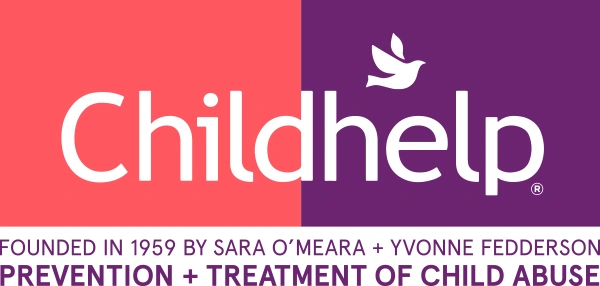SCOTTSDALE, ARIZ. (September 29, 2021) – The California Evidence-Based Clearinghouse for Child Welfare (CEBC) has designated and listed Childhelp Speak Up Be Safe prevention education curriculum as having “promising research evidence.” This designation for the school-based child abuse prevention program comes at a time when many children are returning to the classroom for the first time since the beginning of the pandemic.
Educators, who are some of the likeliest professionals to report child abuse, may be coming into contact with youth who have faced abuse in isolation throughout the pandemic. Childhelp Speak Up Be Safe encourages kids to speak up while providing educators insight into how to handle disclosures. Being designated as an evidence-based program, which is required or preferred by some states, allows Childhelp Speak Up Be Safe to reach even more children with safety information related to child abuse, neglect and bullying.
Childhelp has partnered with the Arizona State University Southwest Interdisciplinary Research Center (ASU-SIRC) to create today’s Childhelp Speak Up Be Safe program, with its in-depth facilitator training and engaging student curriculum. ASU-SIRC researchers have published numerous articles about the efficacy of the program in the classroom, which were submitted to CEBC as part of its review. Childhelp also receives feedback from facilitators and students, with one Iowa first grader recently saying, “I love this program! I feel safe and happy.”
The Childhelp Speak Up Be Safe curriculum has been improved and expanded over decades to include various abuse types and age-appropriate lessons for grade pre-kindergarten through 12. Its current version has been rigorously tested for effectiveness since 2016. It is the longest-standing and only comprehensive child abuse prevention program, which covers various types of abuse: physical, emotional, sexual, neglect, bullying, and cyberabuse. The program is available in English and in Spanish.
In July, Childhelp announced an update of the program with improved facilitator training and more interactive delivery. The program continues to provide 30- to 45-minute fully scripted lessons per grade level, delivered by educators who have completed the facilitator training. Lessons are reinforced with handouts, take home items, and activities. The ecological approach includes materials and resources for students, teachers, facilitators, parents, administrators, and community members, which aim to help build a safety network to protect children from abuse and neglect. The program also partners with the Childhelp National Child Abuse Hotline (1-800-4-A-CHILD), available 24/7/365 and staffed by professional counselors, to provide a confidential place to ask questions or get information on reporting abuse.
As the world opens up and children return to school, Childhelp is ready with tools and resources so that each child learns that abuse is never his or her fault. Administrators, educators, and families have an evidenced-based ally in Childhelp Speak Up Be Safe.
###
About Childhelp: Founded by Sara O’Meara and Yvonne Fedderson in 1959, Childhelp has brought the light of hope and healing into the lives of more than 11 million children as a leading national nonprofit organization dedicated to helping abused, neglected and at-risk children. Childhelp’s programs and services include residential treatment services, children’s advocacy centers, therapeutic foster care, group homes, a national hotline, and child abuse prevention, education and training. For more information, visit www.childhelp.org and follow Childhelp at facebook.com/childhelp, instagram.com/childhelp and twitter.com/childhelp. For more information about the Childhelp Speak Up Be Safe program, please visit speakupbesafe.org or call 800-790-2445.
About ASU-SIRC: The Southwest Interdisciplinary Research Center at Arizona State University works to create health equity in the Southwest and beyond by partnering with communities to conduct research and develop solutions to eliminate health disparities. Over its 20-year history, SIRC has developed several efficacious school- and family-based preventive interventions and houses one of the nation’s Specialized Centers of Excellence for Research on Minority Health and Health Disparities (NIH-NIMHD). SIRC is a unit of the Watts College of Public Service and Community Solutions.
About CEBC: The mission of the California Evidence-Based Clearinghouse for Child Welfare (CEBC) is to advance the effective implementation of evidence-based practices for children and families involved with the child welfare system. The CEBC reviews and rates programs for listing in its Program Registry, a searchable database of programs.
